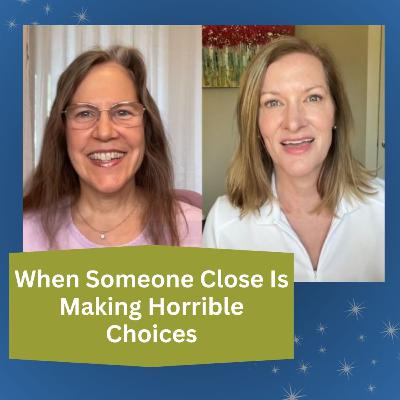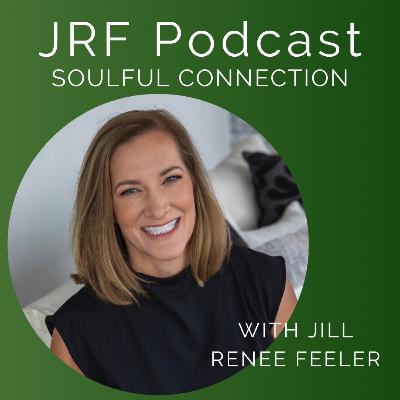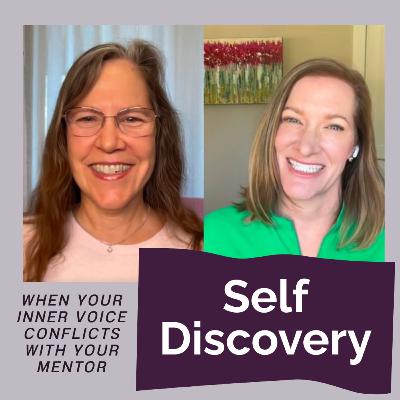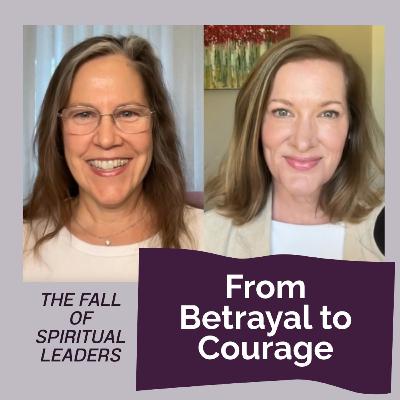When Someone Close Is Making Horrible Choices: Boundaries, Grace, and Next Steps
Description
Watching someone you care about make choices you believe are harmful can be deeply unsettling. Whether it’s a romantic partner, colleague, friend, or family member, the mix of worry, frustration, and powerlessness is real. A helpful first step is to pause and acknowledge the distinction between their agency and yours. You don’t get to make their decisions—and they don’t get to make yours. That boundary can feel uncomfortable if roles or emotions have become entangled, but it’s essential for your clarity, calm, and integrity.
From that steadier place, consider your options. Start by assessing safety and risk. If there’s any threat of abuse, impaired judgment that endangers lives (such as driving under the influence), or other situations where harm is imminent, seek professional help and use appropriate authorities. In less acute scenarios, the best action may be to allow natural consequences while staying available and supportive. Especially with teens or independent adults, blunt opposition can backfire; a neutral stance paired with open lines of communication often makes it more likely they will turn to you if things go wrong.
How you communicate matters. Asking thoughtful questions—“What might happen if this doesn’t go as planned?” “What criteria are you using?” “Have you considered X?”—is usually more effective than declaring, “This is a mistake.” Timing and setting matter, too; a private, calm conversation tends to be better than a public challenge. In professional contexts, add a practical layer: consider legal, ethical, and policy implications; document your concerns where appropriate; and, when needed, get counsel. Sometimes you must speak up to fulfill your responsibilities—other times, silence and observation are wiser.
If harmful decisions become a pattern, you may need to step back. Protecting your well-being is not disloyalty; it’s healthy. That can mean redefining your involvement, setting firmer boundaries, or—when necessary—ending a front-row seat to repeated chaos. Reach out to trusted support: friends, mentors, therapists, or relevant professionals. In close relationships, these moments also invite deeper honesty and, at times, unexpected intimacy—naming your reality thoughtfully can strengthen bonds even when you disagree.
A simple checklist can help: 1) Is anyone’s safety at risk? 2) Do I have standing or responsibility to speak? 3) Will my input add value now, and what’s the right time and place? 4) How do I honor both their autonomy and my boundaries? 5) What steps can I take to avoid regret? Uncertainty is part of life; you won’t control every outcome. But with steadiness, respect, and care—for them and for yourself—you can navigate someone else’s decisions without losing your own center.
This episode was shared with Jill's newsletter several days ago. It's now being offered to our channels. Next week's will be shared first with Janet's newsletter. Janet's website is at https://janeteichorst.com/ and Jill's is https://jillreneefeeler.com/
Please enjoy, comment, share your experience and pass this video on to anyone that you think may benefit from it.
With gratitude,
Jill















